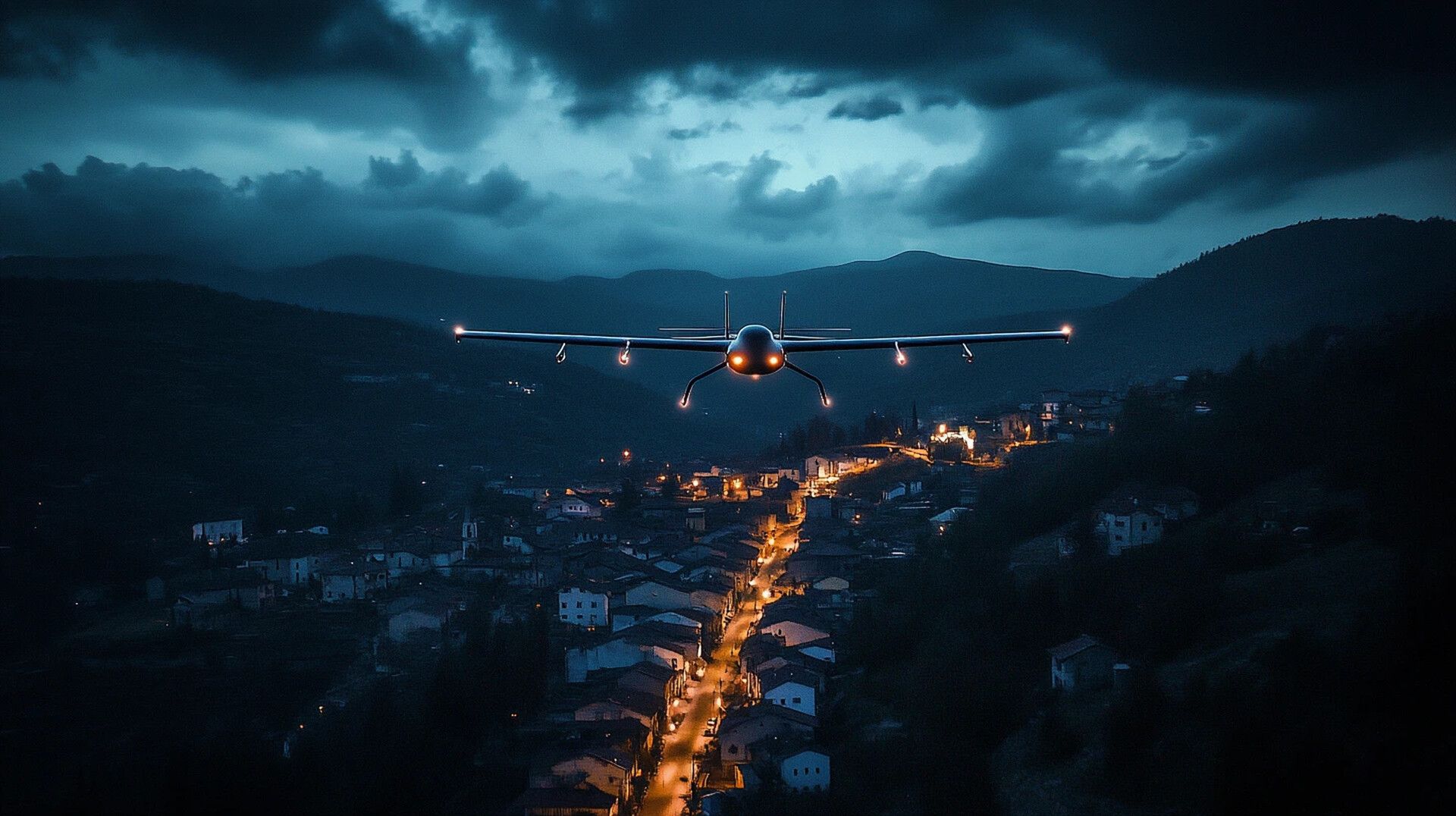Explosions in Stavropol and Drone Attacks on Moscow: Tensions Escalate

On
May 28, 2025, Russia faced two alarming incidents that caused public concern
and heightened tensions across the country. In Stavropol, a powerful explosion
killed the city’s deputy mayor, while another wave of Ukrainian drone attacks was
reported over the skies of Moscow.
On Tuesday morning, a powerful blast occurred in the
administrative building of the Stavropol city hall. According to preliminary
reports, an explosive device had been planted in an official vehicle. As a
result of the incident, the deputy mayor in charge of public utilities was
killed—his name has not yet been officially disclosed. Two other city hall
employees sustained varying degrees of injuries.
Eyewitnesses reported that the blast wave shattered windows
in nearby buildings, and an immediate evacuation of personnel began at the
scene. Security forces cordoned off the area, while bomb disposal experts and
investigators went to work. According to information circulating in Telegram
channels, several theories are being considered, including a terrorist act and
a targeted assassination of the official.
Almost simultaneously with the news from Stavropol,
Russia’s capital, Moscow, activated its air defense systems. According to the
Russian Ministry of Defense, at least 13 drones were intercepted during the
night, flying in from the west. Several fragments fell in the southwestern
parts of the city, specifically in the Troparevo and Ochakovo districts. No
casualties were reported, although one drone damaged the roof of a residential
building. Residents were offered temporary evacuation.
The Ministry of Defense accused Ukraine of a “provocative
and aggressive attempt to destabilize” the situation in Russia’s central
regions. Kyiv, as usual, did not take direct responsibility for strikes deep
into Russian territory, but representatives of the Ukrainian command stated
that such actions are a “response to massive attacks on Ukraine’s critical
infrastructure.”
Experts see the events of the previous day as a troubling
sign:
· The threat of destabilization within Russian regions is
growing. If the Stavropol explosion is indeed the work of a sabotage group or
the result of internal conflicts rooted in corruption, it would be an alarming
signal for the country’s southern regions.
· The security of Moscow remains at risk despite dense air
defense coverage. The fact that drones continue to breach the capital’s
airspace is neither the first nor the last of such incidents.
· Psychological pressure on the population, including through
targeted strikes, is becoming a new reality.
Political analyst
Marina Yakovleva: “A symbolic attack on
the capital is not just a tactic. It's a message. Ukraine is showing it can
reach even the most protected areas. At the same time, internal tensions are
rising in Russia, driven by uncertainty and anxiety among regional elites.”
Local resident from
Stavropol: “We’re in shock. Our city
has always been quiet and peaceful. Now it feels like a war zone. People are
scared.”
May
28 may go down as a turning point in Russian domestic politics and defense
strategy. Two high-profile incidents—the death of an official in Stavropol and
the aerial attack on Moscow—are shaping a new reality in which both authorities
and citizens must learn to live amid uncertainty and constant threat.
 Latest news
Latest news Latest news
Latest newsGreece Plans to Exclude Turkiye from Future Defense Contracts
20.Feb.2026
U.S.-Based Mars Launches Major Investment Project in Kazakhstan
20.Feb.2026
Parliamentary Elections 2026 in Armenia as a Geopolitical Referendum
20.Feb.2026
Russia and Ukraine Fail to Reach Agreement in Geneva
19.Feb.2026
The South Caucasus in U.S. Foreign Policy: Implications of High-Level Visits for Russian and Chinese Regional Aspirations
18.Feb.2026
Ukraine Imposes Personal Sanctions on Belarusian President Alexander Lukashenko
18.Feb.2026
72% Against the Authorities: Economic Dissatisfaction Hits Record Levels in Turkiye
17.Feb.2026
Bulgaria Strengthens Defense: First American Stryker Vehicles Delivered
17.Feb.2026
Moscow Criticizes Plans to Build a U.S.-Backed Nuclear Power Plant in Armenia
16.Feb.2026
Washington expects Tbilisi to strengthen ties amid regional changes
15.Feb.2026

 28 Feb 2026
28 Feb 2026









